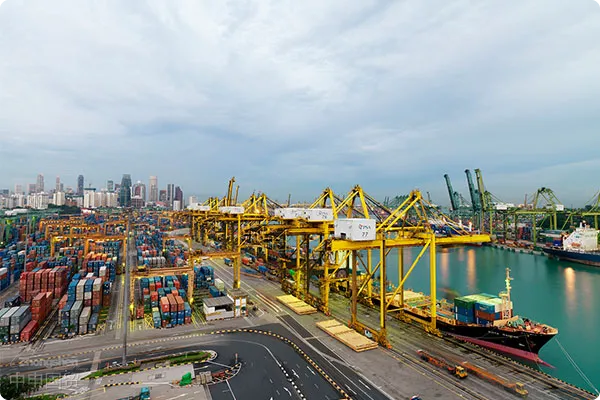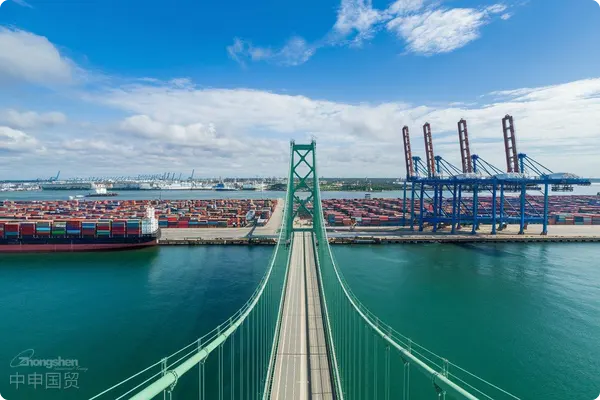- Shanghai Zhongshen International Trade Co., Ltd. - Two decades of trade agency expertise.
- Service Hotline: 139 1787 2118
In the globalized trade environment, facing anti-dumping measures imposed by destination countries is a challenge many export enterprises must confront. Taking Indonesia as an example, Chinese enterprises often encounter anti-dumping issues when exporting to the country, such as increased tariffs, which not only raise the cost of exported products but also harm their competitiveness in the international market. So, how should Chinese enterprises respond to such anti-dumping measures by Indonesia?

First, understanding the background of Indonesias adoption of anti-dumping measures is crucial. As China is Indonesias largest import country and trade deficit partner, Indonesia more frequently and effectively uses anti-dumping duties in trade with China. Chinese enterprises often adopt passive measures when facing anti-dumping investigations by Indonesia, with many even choosing to abandon their defense. This attitude often results in the inability to effectively utilize international trade rules for reasonable defense.
According to the WTO Anti-Dumping Agreement, when a country initiates an anti-dumping investigation against another country and preliminarily determines that dumping behavior is directly related to damage consequences, temporary anti-dumping measures can be taken. At this time, the enterprises under investigation have the right to commit to raising export prices or stopping sales at dumping prices. Once such commitments are confirmed by Indonesias anti-dumping authorities, both parties can even formally reach a price undertaking agreement, thereby terminating the anti-dumping investigation.
Faced with such situations, Chinese enterprises need to more actively participate in the defense process. This includes not only actively responding to investigation requests and providing required data and information but also proactively proposing reasonable and feasible price commitments. Doing so not only helps avoid long-term anti-dumping duties but may also completely terminate the anti-dumping investigation, thereby maintaining the products competitiveness in the Indonesian market.
Moreover, for Chinese enterprises that frequently face anti-dumping investigations and suffer significant losses, it is extremely important to hire professional international law firms and lawyers for legal support and rights protection assistance. These professionals usually have in-depth knowledge and extensive experience in international trade rules and anti-dumping procedures, enabling them to provide effective strategies and solutions to help enterprises minimize losses.
In summary, when facing anti-dumping measures by countries such as Indonesia, Chinese enterprises should adopt a more proactive attitude, understand and utilize international trade rules, and seek professional legal support when necessary. This will not only effectively address anti-dumping investigations but also protect the enterprises competitiveness in the international market.
Related Recommendations
Learn
Contact Us
Email: service@sh-zhongshen.com
Related Recommendations
Contact via WeChat

? 2025. All Rights Reserved. Shanghai ICP No. 2023007705-2  PSB Record: Shanghai No.31011502009912
PSB Record: Shanghai No.31011502009912








